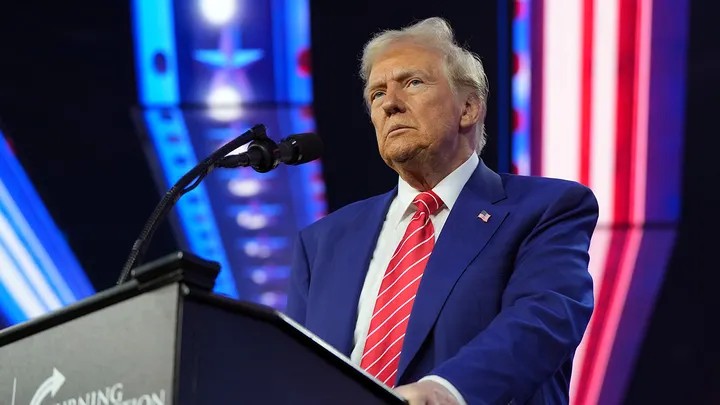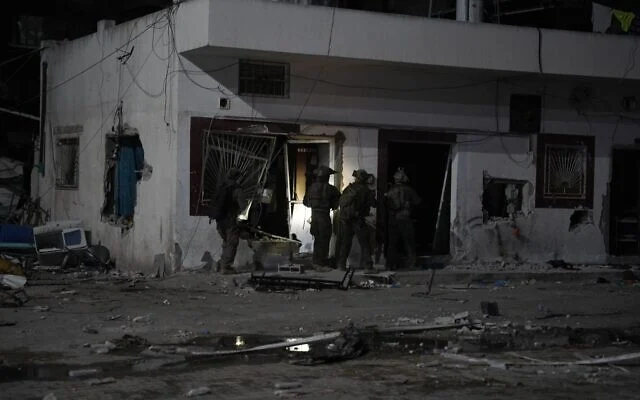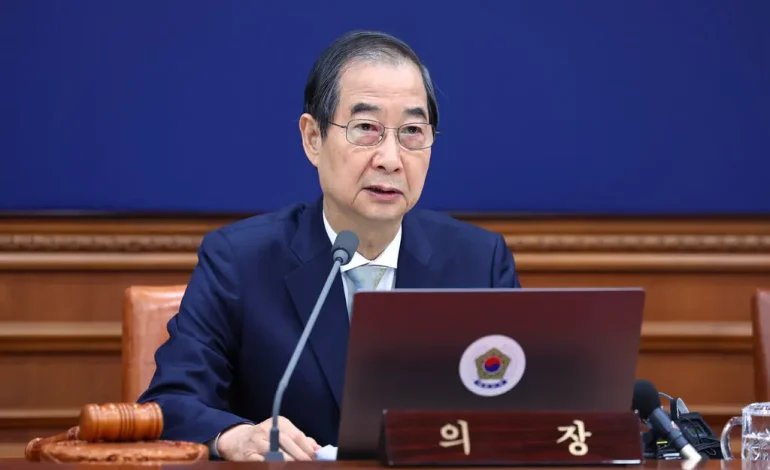South Korea’s political crisis deepened on Friday as lawmakers impeached Acting President Han Duck-soo, marking the second impeachment of a head of state in less than two weeks, the New York Times reports.
The move has extended a leadership vacuum in the country, which is already grappling with economic challenges and heightened tensions with North Korea.
The crisis began earlier this month when President Yoon Suk Yeol shocked the nation by briefly imposing martial law, a move that led to his impeachment on December 14. Prime Minister Han stepped in as acting president but was removed by lawmakers on Friday, making him the first interim leader to be impeached in South Korean history.
The political turmoil has left South Korea without a strong, elected leader during a time of significant challenges. The country is contending with threats from North Korea’s nuclear program and an economic slowdown that has shaken business confidence. The South Korean won has plunged to levels not seen since the global financial crisis, and the stock market has dropped by about 10% this year.
The ongoing uncertainty could harm South Korea’s international standing, according to political analysts.
“This situation suggests the possibility of prolonged political unrest, which could damage South Korea’s diplomatic and economic status,” said Jeong Hoiok, a political science professor at Myoungji University.
Mr. Han’s impeachment was largely driven by his refusal to appoint three judges to the Constitutional Court, a decision seen as a tactic to delay proceedings on President Yoon’s impeachment. The court needs at least six justices to decide whether to formally remove Mr. Yoon, and currently, only six of the nine seats are filled. A single dissenting vote could overturn the impeachment.
Opposition lawmakers accused Mr. Han of obstructing justice by refusing to appoint judges. Mr. Han, however, argued that his role as acting president did not grant him the authority to make such appointments without bipartisan agreement.
The motion to impeach Mr. Han passed overwhelmingly, with 192 votes in favor and none against. However, the governing party disputed the legality of the vote, claiming it required a two-thirds majority, while opposition lawmakers insisted a simple majority was sufficient.
With Mr. Han stepping down, Finance Minister and Deputy Prime Minister Choi Sang-mok has assumed the role of interim leader. Mr. Choi, a career bureaucrat with no electoral mandate, emphasized the importance of stabilizing the government during this period.
“The government will do its best to minimize confusion in state affairs,” he said.
The Constitutional Court has up to six months to decide on President Yoon’s impeachment. In the meantime, investigations into allegations of insurrection against Mr. Yoon are ongoing. On Friday, police raided a presidential safe house tied to the martial law discussions, signaling the seriousness of the accusations.
The political chaos has exposed deep divisions within South Korea’s democracy, with experts warning of increasing polarization.
“The essence of democracy is mutual respect,” said Cha Jina, a law professor at Korea University. “But as politics become more polarized, South Korean democracy is being put to the test.”









